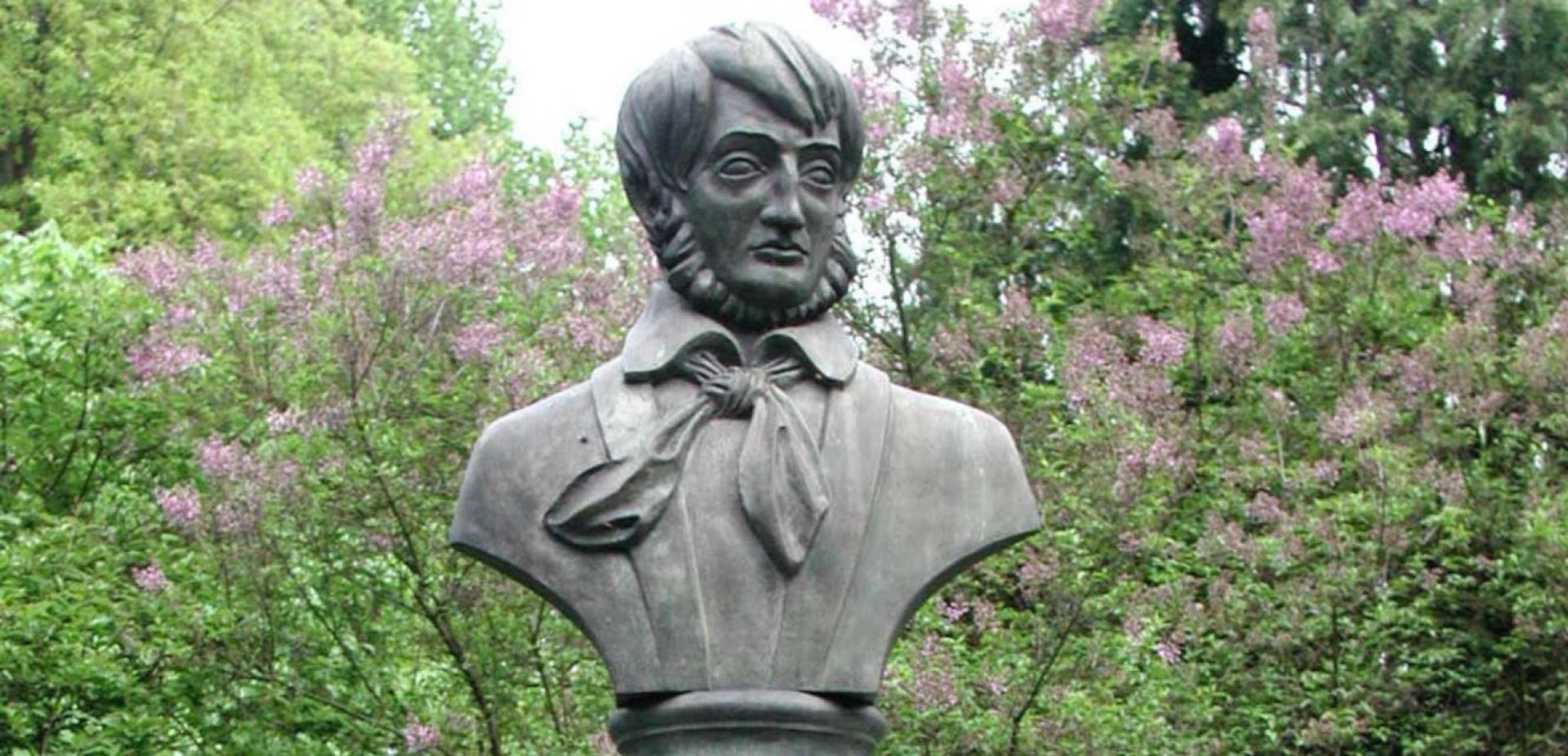Discussions continue to this day about Mochnacki's difficult experiences in the 1820s. His behavior at the time can be interpreted in various ways but also as a manifestation of emerging Machiavellianism. Although then a young man, Mochnacki in a sense outplayed his persecutors. And it was this same ability and desire that was to guide him later as he looked for ways to defeat the powers that stood in the way of Polish independence aspirations.
Mochnacki sought to restore the Polish monarchy. He was convinced that the leading position in independent Poland should be retained by the nobility, and that their mission as the nation's elite would be to democratize Poles. In the text "On the Social Revolution in Poland", he outlined a vision of Poland that was "paved with coats of arms".
 SIGN UP TO OUR PAGE
SIGN UP TO OUR PAGE 
He combined discourses that, in the common opinion, contradict each other. He was a political realist and at the same time -- as already said -- a romantic.
When it comes to romanticism, Mochnacki rejected the raptures and exaltations that characterize this cultural trend. He was an opponent of the romantic moralization of politics. He perceived politics as a field of conflict between colliding interests, not a clash between good people and bad people. He saw in romanticism a national idiom that could be an expression of the feeling and will of Poles, and therefore of what constitutes Polish national subjectivity. Mochnacki wanted Poles to recognize themselves -- as he stated in "Dethroning Nicholas" - "in the indivisible being of the entire nation." Romanticism was supposed to be a factor in the spiritual consolidation of Poles and, at the same time, their cultural emancipation.
Mochnacki's political realism as a 19th-century thinker is astutely analysed by Bronisław Łagowski in his excellent book "Political Philosophy of Maurycy Mochnacki" ("Filozofia Polityczna Maurycego Mochnackiego", Wydawnictwo Literackie, 1981), which was re-published this year by Ośrodek Myśli Politycznej (the Center for Political Thought). It is worth digressing here: Łagowski was a member of the Polish United Workers' Party during the times of the Polish People's Republic. But in supporting the power of the communist party, he referred -- which may sound surprising today -- not to Marxism-Leninism, but to conservative arguments in favor of a strong state.
In Łagowski's book about Mochnacki, we read, among other things: "Considering politics only as a field of means, and therefore taking it in the dimension of reality, not duty, we must conclude that it is subject, like all reality, to the law of causality, which means that only power has the ability here to cause effects. And let's add that this means everything that can transform into power. No right – moral or otherwise – can win with causality or even come into contact with it. This is a truism that everyone agrees on, and whose implications only Machiavellians recognize."
Yet, according to Łagowski, Mochnacki was not a worshiper of power for its own sake. He treated it as a key tool for what he considered to be the priority, i.e. Poles attaining their independence. But by condemning the spiritual moralization in politics, he mantained that as far as the good of the nation was concerned, one should never hesitate to use extraordinary measures -- even dictatorial rule.


 SIGN UP TO OUR PAGE
SIGN UP TO OUR PAGE 




